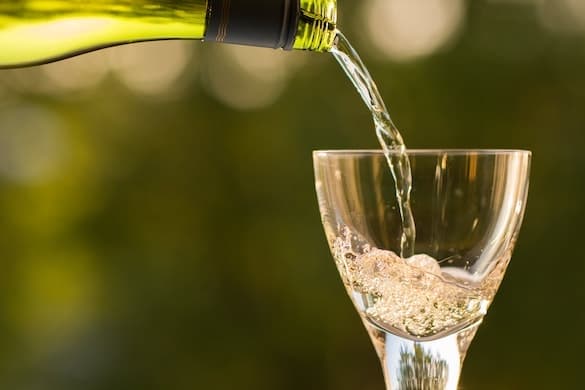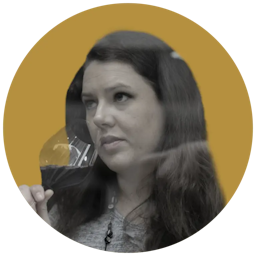Tasting Wines From Two of Germany’s Great Vineyards, With a Surprise Finish
Muller’s wines possess a kind of magic: Like tasting a silk rainbow, where there is a spectrum of textures, coursing across your palate with the pressure of a down feather.

There are a lot of great wines out there, but unfortunately most of them are no longer secrets, making hunting down a bottle its own sort of adventure. Also, there is rarely enough production of top wines or wines to satisfy a growing global demand, and prices have skyrocketed, especially in the last three to five years.
As someone who is not independently wealthy, it is by the grace of others that I’m exposed to such luxuries. Connecting with suppliers and collectors who like to share is one of the greatest perks of an otherwise stressful job at a busy New York wine shop.
Last week provided a cornucopia of riches, both in wine and learning experiences. It is not every day a person gets to enjoy and compare wines from the two most esteemed producers of an entire country.
The contenders were Egon Muller and Klaus Peter Keller, and this matchup really boiled down to one major difference: residual sugar.
Mr. Muller is old-school. He comes from the Saar, long considered Germany’s most esteemed region — and also the breaker of many hearts. Its wind-whipped valleys of steep slate slopes have the potential to create the most ethereal yet concentrated, precise, complex, and age-worthy wine. They can be absolutely stunning, but in off years, which were most years pre-climate change, the same circumstances often spelled disaster and resulted in mediocrity.
Scharzhofberg is the epicenter of the Saar and Mr. Muller’s prized site shares it with only three other estates. He makes up to seven wines a year from the same vineyard. He starts with a “simple” QbA (it is anything but) and proceeds with as many wines up the Prädikat scale as the weather allows him to.
His wines possess a kind of magic: Like tasting a silk rainbow, where there is a spectrum of textures, coursing across your palate with the pressure of a down feather. And yes, there is residual sugar, but don’t let that deter you. It is just a facet in a diamond, not a rock itself, allowing the acidity to glide without cutting you. It’s a balancing act, and each sip calls for an ovation.
Camp Keller is the reigning champion of Germany’s modern movement toward bone-dry — that is, no perceptible sugar — wines. Mr. Keller hails from the Rheinhessen, a large pastoral region known more for potatoes and Blue Nun than quality Riesling.
He has almost single-handedly changed all that, inspiring everyone around him to reach for something better. His most famous wines come from his home turf of Hügelland and also the northern Rheinhessen’s slightly more famous Roter Hang.
The soil is predominantly limestone, like in Burgundy, which may be part of the reason why writer Jancis Robinson dubbed them the “German Montrachets.” Yet while Montrachet has the volume control stuck at 11, its features impossible to miss, it’s the reserved quality of the Keller that has everyone leaning in to get a better sense of it.
Comparing it with the Egon Muller this week, there was an understated, mineral water quality that was simply beguiling. The lack of sugar was not the focus, in the same way its presence in the Scharzof wasn’t the highlight, either. The biggest difference was texture, but even that was nearly impossible to describe. The Egon was slick, almost lubricated, with the Keller like pinpoints and crystals made of clouds. Both gave the impression of levitating, barely making contact with the tongue, and yet their finishes stay in place for ages.
I’ve tasted just a few bottles from each producer over the last five years, but never had I been able to try them side by side. The experience was profound, an intimate study of nuance between two lauded regions and two masters of their craft. Unfortunately, I don’t see it repeating itself anytime soon.
So which was my favorite? Neither, actually. The surprise addition of a Julian Haart Ohligsburg Auslese 2015 stole my breath away. Good luck finding any of those, either.

